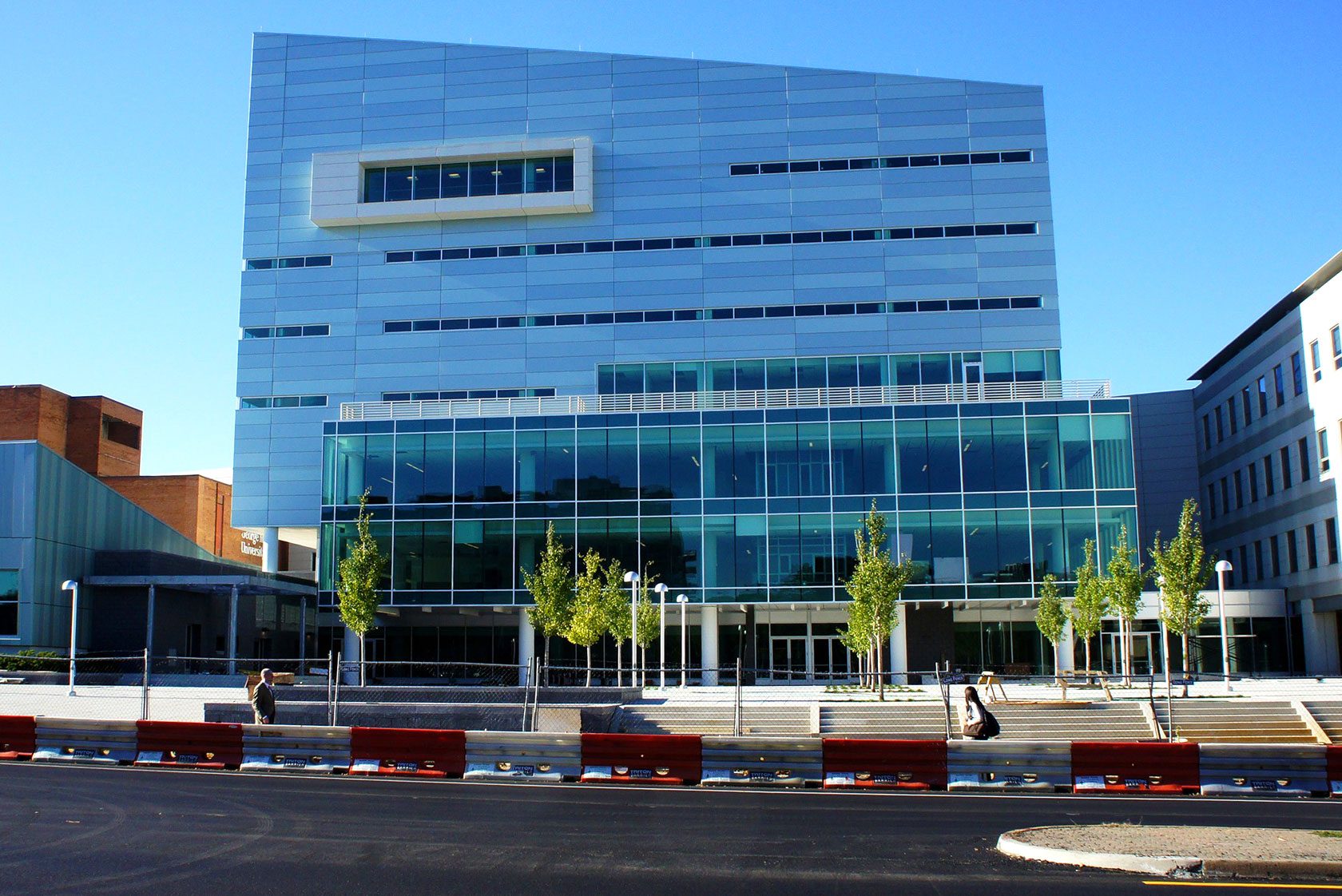
Department vs. Academic Chair: Could Open Science Benefit?
Authors of the Junge Akademie (the first academy of young academics worldwide) discuss in their current debate replacing the chair principle at German universities by a departmental structure. They hope that this will provide a positive impetus for future-oriented science. Could this also contribute to implementing open science practices?
The debate paper “Departments instead of Professorships: modern personnel structure for sustainable science” (in German) deals with the question of whether or not the personnel structure of German universities with its Chair principle is out of date.
The paper was written to stimulate debate and therefore also contains comments from the perspectives of 14 people from science and politics.
Overcoming imbalances in the science system

The authors Jule Specht, Christian Hof, Julia Tjus, Wolfram Pernice und Ulrike Endesfelder, members of the Jungen Akademie, propose the transformation of the German chair principle into a departmental structure. The basic idea is to create a larger, varied, independently-researching professorship in comparison to the chair principle. This professorship should be constantly financed by basic resources from the universities, alongside with younger tenure-track academics. At the same time, budgets to finance individual professors’ subordinate staff should, by and large, be abolished. Linked to this, the authors see the opportunity to overcome the imbalances of the current system in science and achieve a more efficient and socially compatible system. These imbalances include the discrepancy between basic and third-party funding, the growing inequality between temporary and permanent scientists with precarious employment relationships, the low attractiveness of career paths and jobs at universities, and the negative consequences of the pronounced hierarchies in science.
Cooperative relationships of equals
The departmental structure follows a system widely used at North American, Anglo-Saxon and Scandinavian universities. Here, professors share core-financed resources, such as research facilities and rooms, as well as technology and administration employees, which are assigned to the entire department. An effective departmental structure facilitates a cooperation of equals between professors.
In addition, it offers young scientists attractive working conditions right at the beginning of their careers, such as the self-determined realisation of their own ideas in research and teaching, enabling a realistic prospect of a long-term career in science. For established scientists, it offers the advantage of being able to benefit from a multifaceted college staff where tasks are shared over many shoulders, leaving more time for the core tasks in research and teaching.
In this way, the technical breadth can be increased within a department and a dynamic research landscape established. This is also linked to the hope that cultural change can be triggered and that the role of the professor becomes less about management activities.
Cultural change and more cooperation – a contribution to open science?
The authors of this debate paper postulate cultural change, reduced hierarchies, and at the same time increased collaboration by this transformation to a departmental structure. These are all factors that seem appropriate to reduce existing barriers for a broad-based open science. For example, the recently published Blogpost about the Knowledge Exchange Report states
Knowledge Exchange report: New approach to better understand the current change towards Open Scholarship“As noted, open scholarship implies a more “open” and less hierarchical ecosystem (…)”
Could the transformation from the chair principle to the departmental structure also contribute to the elimination of those socio-cultural barriers in the science system, which sometimes hinder the broader implementation of open science?
It is at least desirable to consider this aspect in the debate.
What do you think? Could open science benefit from a change to the departmental structure?
View Comments

Bibchat: The Twitter Chat on Libraries
For some time now library related subjects are being discussed once a month on...




 Timo Borst
Timo Borst
AuthorPrinzipiell ein erfreulicher Ansatz, den die AutorInnen des Department-Modells hier, wie geschildert, vertreten. Das traditionelle, vor allem in der deutschsprachigen akademischen Welt verbreitete Modell gehört mitsamt seiner Pathologien (spät-feudale Organisationstrukturen und Abhängigkeitsverhältnisse, Delegation vor allem von Forschungsarbeiten und -leistungen, eigensinnige und wenig vernetzte sowie auch international anschlussfähige Forschung, Elfenbeinturmdenken) sicher auf den Prüfstand. Gibt es denn schon erfolgreiche Beispiele für die Einführung von Departmentstrukturen speziell an bundesdeutschen Hochschulen, so dass man die Effekte empirisch schon ein besser einschätzen kann? Die AutorInnen erwähnen in ihrem Text kurz einige Hochschulen bzw. Fakultäten, aber gibt es darüber hinaus auch umfangreichere Studien oder Evaluierungen hinsichtlich der Einführung des Department-Modells?